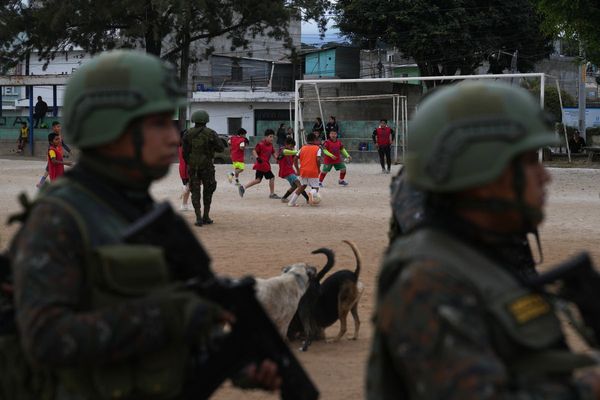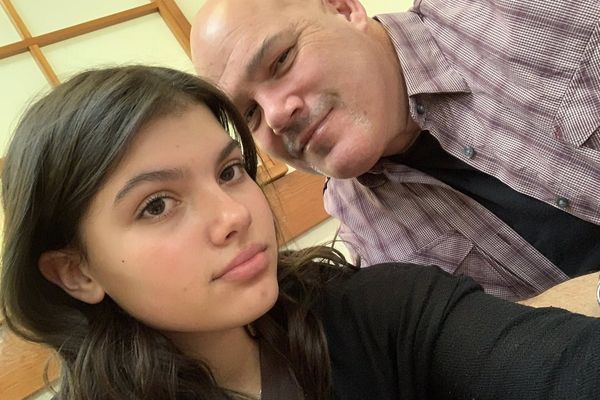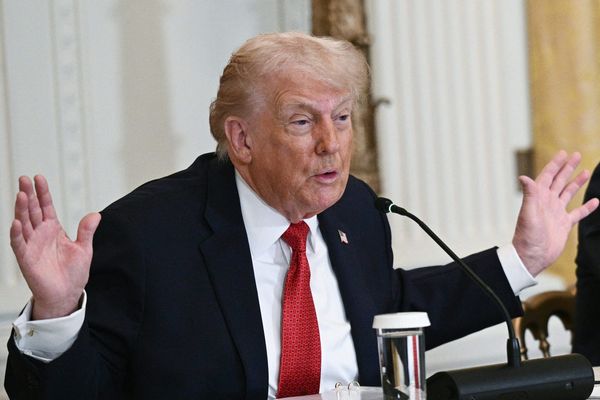People are asking vets to put down their healthy animals because they are no longer able to afford them, an animal rescue centre founder has claimed. Paul Conway, founder of the Candy and Tibby Trust in Wrexham, said they had received calls from people saying that if the rescue centre could not take on their cat, they would have to put it down.
Speaking to BBC Radio Wales on Friday morning, Paul said: “We’re getting feedback from vets, and we’re hearing this nationally off rescue friends, and they’re saying ‘Look, we can no longer afford our animals, please can you put them down?’”
Paul also claimed that vets were contacting rescue centres to ask them to take on pets as they do not have the space for them - or they would have to put the animal down: “If there are no spaces, then the vet has to go on unfortunately with what the customer asks. This is happening nationally.”
READ MORE: Two cats die after being poisoned by neighbour
Speaking to WalesOnline, Paul said that normally, in these cases, vets in the area would approach local rescue centres to say that they had a healthy cat - or another animal - whose owners were no longer able to look after it. However, Paul said that the rescue centre "physically does not have the space" to take these animals on.
"Normally, I'd ring around other rescues and say, 'We've got this case,' but they're turning away cases now," he added. "So vets, unfortunately, are putting healthy animals down and that goes against their ethics."
Paul said that he has received around 13 calls in the last two weeks from people who are no longer able to look after their cats. Usually, he said, those phone calls would number about one a week. He said that the rescue centre had recently taken in a kitten after the owner said she could not afford to look after him.
"[During lockdown] lots of people got animals to keep the children happy and give them something to do [...] and now they're going back to work and they've got this pet they don't want so they're reaching out to rescues and saying, 'Please can you come and get this animal that I don't want anymore' — basically dumping them."
Paul says that the rescue centre has encountered cats and kittens dumped in cardboard boxes. He continued: "People can't afford to neuter animals now, so they're letting them breed. It's a mixture of people getting animals in Covid, not being able to neuter the animals, and then the economics."
He added that the price of cat food had "gone through the roof", saying that, with the number of cats and kittens being brought into the rescue centre as well as the recent increase of the cost of living, the centre's food bill is coming in at around £300 a week, where it used to be at £70.
“It’s getting really alarming, it’s getting shocking,” Paul told BBC Radio Wales on Friday morning. “Economically, people are struggling because [of] the economic status at the moment, the climate. People are abandoning cats left, right and centre because they can’t afford them. Covid had a knock-on effect because people got pets to take home to keep the children socialised and now they’re abandoning these pets.”
He added: “We haven’t got neutering in place, we haven’t got local authorities, we haven’t got the bigger rescue centres supporting little rescues, and we can’t afford to neuter the cats. We can barely afford to feed the cats we’ve got in our care. People unfortunately aren’t adopting the cats because there isn’t the money in place to pay the adoption fees which covers neutering, vaccination, things like that, just basic costs. We’re holding on to cats when normally we could re-home them.
In the interview, Paul said that, in one case, a cat owner was unable to neuter a cat, resulting in the pet having 13 kittens. However the rescue centre is unable to take them on. He described the situation as “heart-breaking” and “frightening.”
“You want to naturally just pick them up, socialise them, give them veterinary care and re-home them, but we physically haven’t got the space to take them in and then re-home them.” He added: “If we don’t get support in the next couple of years, it’s going to be worrying, very worrying.”
Paul said that, in addition to rising energy bills rescue centres are facing, the price of food for cats and kittens had increased. He said that the rescue centre is self-funded, with the help of supporters, but that these supporters were also struggling to contribute financially.
He told WalesOnline: "If independent rescues had a form of support moving forward for the future with neutering - say local authorities, government, CP [Cat's Protection] or RSPCA, this would dramatically reduce unwanted birth of kittens in the future."
READ NEXT:







